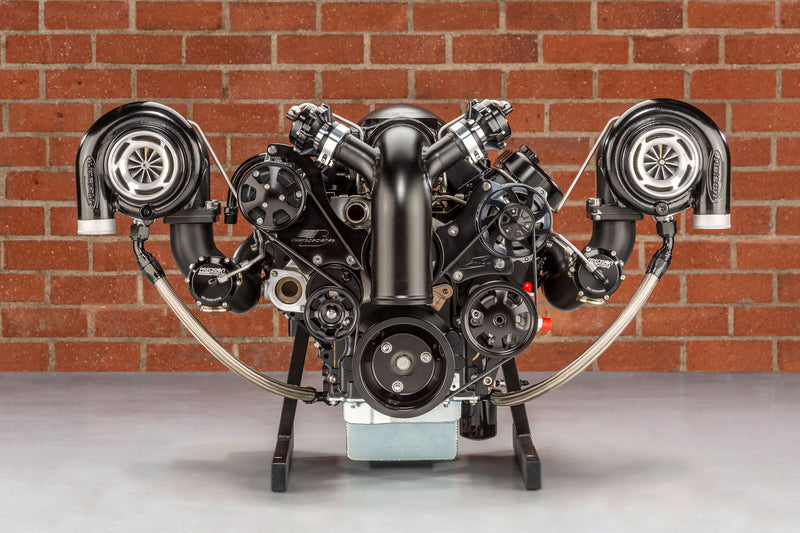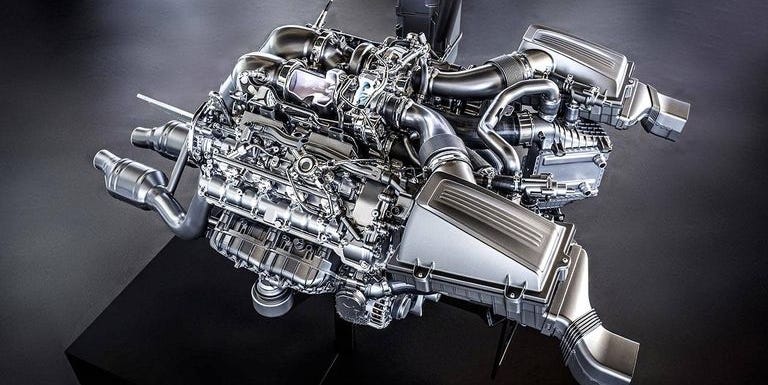The Quest for Ultimate Driving Power: Investigating the Peak of Engine Performance and Technological Developments in the Automotive Industry
In the world of auto design, the search of maximum driving power has actually been a ruthless pursuit that has unravelled through the development of engine layout and the integration of innovative technologies. From the precise workmanship of combustion engines to the rapid improvements in electrical propulsion systems, the automotive industry stands at the cusp of a new period characterized by unprecedented performance capacities. As engineers and scientists dig much deeper into the realms of computational liquid dynamics and check out ingenious gas technologies, the perspective of opportunities expands significantly. Remain tuned as we untangle the intricate tapestry of technological advancements that are shaping the future of vehicle power and efficiency.
Evolution of Engine Design

In addition, the integration of turbocharging and supercharging modern technologies has transformed engine layout by boosting power without substantially increasing engine size. These forced induction systems press the consumption air, allowing for more fuel to be ignited, therefore generating greater power outcome from a smaller sized engine. This advancement has been especially critical in enhancing the performance of smaller displacement engines while maintaining fuel effectiveness requirements.

Performance-Enhancing Fuel Technologies
The implementation of advanced fuel modern technologies has actually dramatically added to boosting engine efficiency in contemporary cars. From conventional gasoline and diesel to cutting-edge biofuels, artificial fuels, and hydrogen, the automobile sector is witnessing a change in gas options. Biofuels, derived from eco-friendly resources like corn, sugarcane, or algae, deal minimized discharges and enhanced engine effectiveness. Artificial gas, created through chemical procedures, give high octane rankings, enhancing power output. Hydrogen fuel cells, although still in the very early phases of fostering, show fantastic promise because of their zero-emission nature and capacity for high performance. In addition, gas ingredients and cleaning agents are being created to tidy engine components, maximize combustion, and decrease rubbing, therefore enhancing overall automobile performance. With continuous research study and growth, the quest for the best driving power continues, as designers strive to open the full capacity of performance-enhancing gas innovations in the automotive market.
Improvements in Electric Propulsion
Substantial strides in electrical propulsion technology have changed the auto sector, leading the way for a brand-new era of effective and sustainable transportation. Electric cars (EVs) are getting appeal as a result of their ecological advantages and innovations in battery technology, enabling longer driving arrays and much shorter billing times. Suppliers are spending greatly in r & d to improve the performance of electric propulsion systems, focusing on increasing power output, boosting power performance, and lowering total weight.
One notable breakthrough in electrical propulsion is the growth of sophisticated electrical motors that provide higher torque and power density, causing boosted velocity and general driving efficiency. Furthermore, regenerative stopping systems have been fine-tuned to catch and keep energy throughout deceleration, further boosting the performance of EVs.
Furthermore, the integration of clever innovations, such as expert system and predictive analytics, is optimizing the monitoring of electrical propulsion systems, making sure optimal efficiency under different driving problems. These improvements in electric propulsion are reshaping the vehicle landscape, driving the industry in the direction of a more lasting and electrified future.
Influence of Computational Fluid Characteristics
With developments in electric propulsion pressing the boundaries of vehicle modern technology, the combination of Computational Liquid Dynamics is playing a pivotal duty in optimizing wind resistant efficiency and enhancing general efficiency in automobile layout. Computational Fluid Dynamics (CFD) involves making use of computer simulations to analyze the flow of air around a car, allowing engineers to anticipate how design modifications will certainly impact aerodynamics without the requirement for expensive physical prototypes. By precisely modeling air movement patterns, CFD permits the refinement of automobile forms to decrease drag, improve cooling, and improve security.
CFD enables designers to enhance airflow around parts such as radiators, engine bays, and wheel wells, adding to enhanced performance and total driving experience. In final thought, the assimilation of Computational Liquid Characteristics stands for a significant step his explanation onward in the quest for ultimate driving power and performance in the automobile industry.
Future Patterns in Engine Development
In the dynamic landscape of auto design, advanced innovations are forming the future trajectory of engine advancement. The future of engine design is noted by a strong focus on performance, performance, and sustainability. Producers are progressively concentrating on creating engines that not just supply high power results yet also prioritize ecological obligation by reducing exhausts and enhancing fuel effectiveness.
One famous trend in engine development is the increase of electrification. Crossbreed and electrical powertrains are gaining traction as feasible options to typical combustion engines. These modern technologies offer the capacity for about his substantial reductions in carbon discharges and boosted power efficiency, lining up with international initiatives to combat climate change.
Moreover, advancements in materials science and manufacturing methods are allowing the production of lighter and a lot more durable engine elements. This change in the direction of lightweight materials such as carbon fiber and aluminum alloys adds to improved performance and fuel economic climate.
Final Thought
To conclude, the quest of utmost driving power in the auto field remains to drive innovations in engine layout, gas modern technologies, electrical propulsion, and computational liquid dynamics. The development of these innovations is shaping the future of engine development, paving the way for much more effective and reliable lorries (engines for africa). As the sector proceeds to press the limits of what is possible, we can expect to see a lot more groundbreaking developments in the quest for peak efficiency
One of the key landmarks in engine layout advancement is the shift from standard carbureted engines to modern-day fuel-injected systems. By precisely metering the gas delivery to each cylinder, fuel-injected engines optimize burning, resulting in better efficiency and reduced environmental influence.
Moreover, the integration of turbocharging and turbo charging modern technologies has revolutionized engine layout by enhancing power without substantially enhancing why not check here engine dimension (engines for africa).The application of advanced gas technologies has actually substantially contributed to boosting engine performance in modern-day lorries. In addition, gas additives and cleaning agents are being formulated to clean engine parts, optimize burning, and decrease rubbing, thereby enhancing overall automobile performance